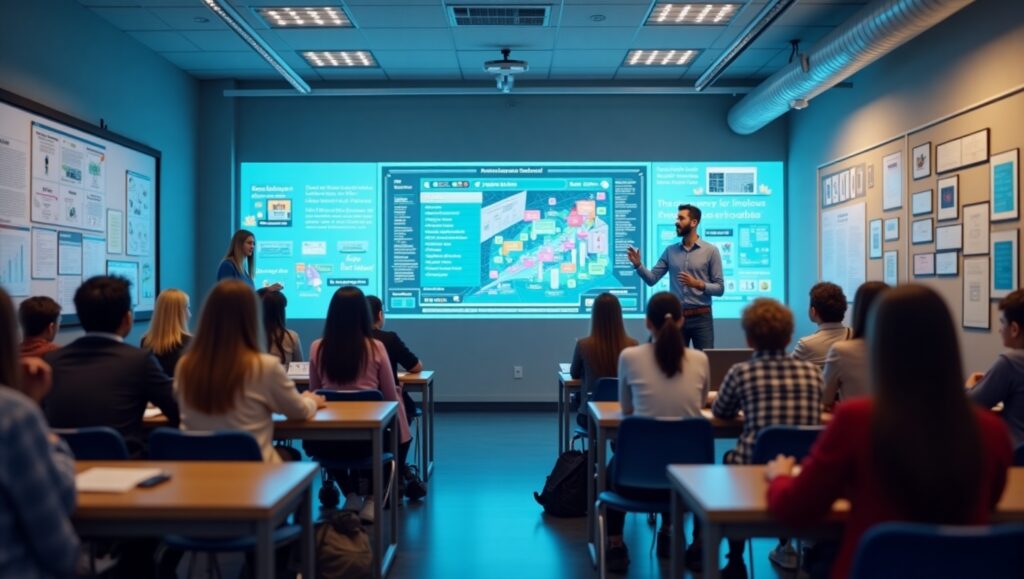Project-Based Learning (PBL) changes education by adopting immersive projects for lectures, which foster critical thinking and practical skills preparing students for modern challenges.
Practical Education for Practical Use
PBL transforms abstract ideas into concrete projects by encouraging students to take on real-world challenges. Working on real-world projects gives students important experience that they may use in their daily lives and future employment.

Promoting Innovation and Creativity
Project-based learning encourages creativity by allowing students to explore and try new things freely. Students are encouraged to come up with original ideas and solutions in this creative setting, which fosters independent thought.
Using Both Modern Tools and Technology
PBL often makes use of technology and digital tools to imitate real-world scenarios, assisting students in using topical resources. They are more ready to adjust to a tech-driven, fast-paced workplace because of this integration.
About Blog
A method of education known as project-based learning (PBL) replaces traditional lectures with student-driven projects that solve real-world problems. Students work together in PBL to solve issues, use critical thinking, and produce concrete products or reports that represent what they have learned. Design challenges, research projects, service-learning, and problem-solving activities are typical kinds.

With more than 20 years of experience in higher education leadership, Ruth E Lugo has held prominent academic positions at a variety of institutions, concentrating on key areas such as student learning, faculty development, curriculum design, and institutional accreditation. As the Team Chair for eleven accreditation evaluations with the Middle States Commission on Higher Education, she has successfully directed thorough assessments that uphold academic standards and regulatory requirements. Furthermore, Ruth has provided consulting services to major international institutions, offering guidance on accreditation processes, strategic planning, and governance frameworks. Her extensive knowledge in assessment, budget management, and collective bargaining, combined with her commitment to academic excellence and institutional effectiveness, make Ruth E Lugo a passionate champion for shared governance in higher education.
